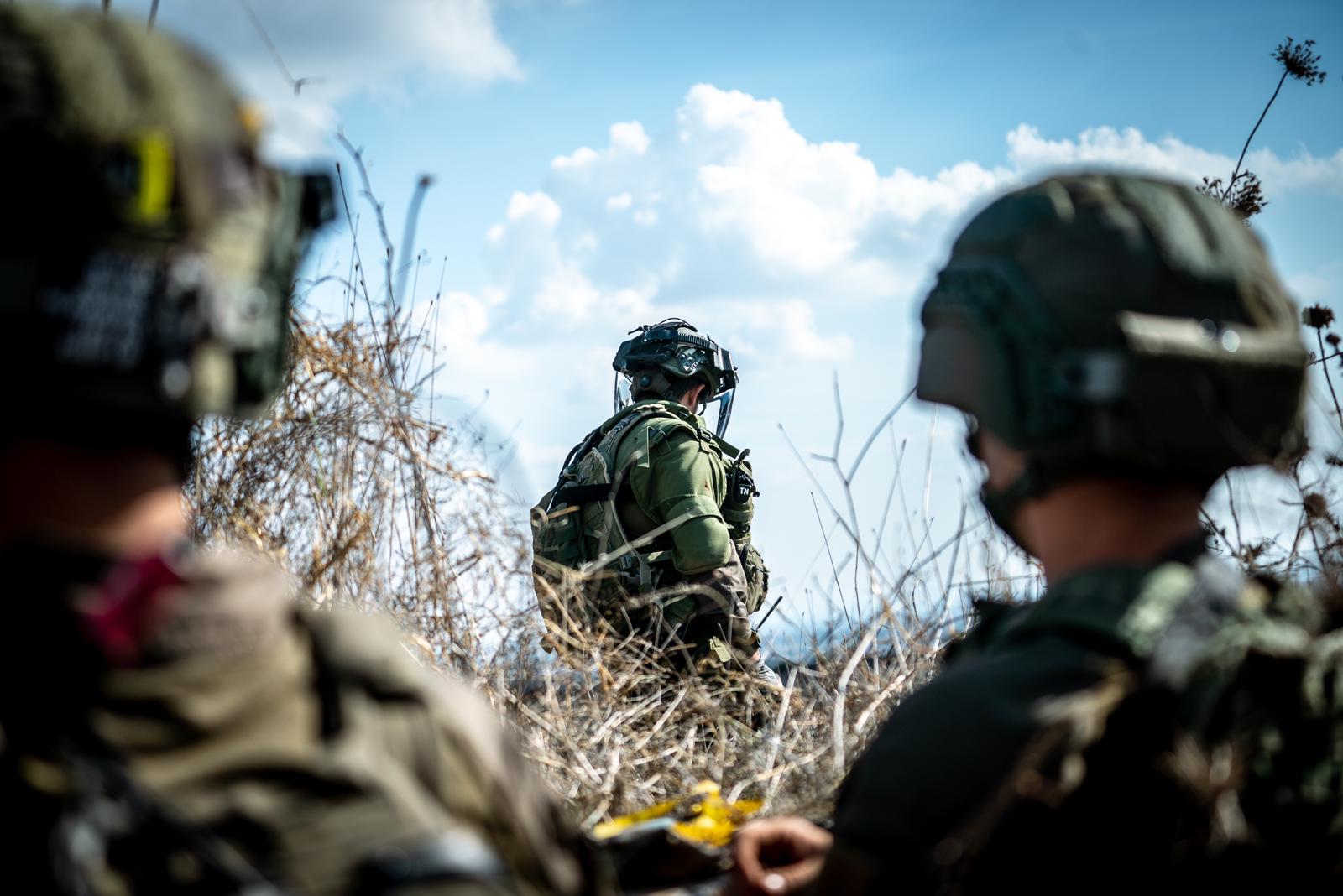The Forthcoming SSCI Report: Preemptive Commentary and What to Expect on Lawfare
The Senate Intelligence Committee report on the CIA's interrogation program is expected out today, but unsurprisingly, many people aren't bothering to wait for it, the minority views, or the CIA's response before commenting breathlessly on it. After all, actually reading it will be time consuming. Between all three documents, it's many hundreds of pages.
Published by The Lawfare Institute
in Cooperation With

The Senate Intelligence Committee report on the CIA's interrogation program is expected out today, but unsurprisingly, many people aren't bothering to wait for it, the minority views, or the CIA's response before commenting breathlessly on it. After all, actually reading it will be time consuming. Between all three documents, it's many hundreds of pages. And since most people know what they think anyway, there's really no reason to bother.
So to the outrage of many of his civil libertarian fellows, ACLU chief Anthony Romero is already calling for a pardon for the major Bushies. Cable television is full of people mouthing off about whether release of the report will cause violence overseas. And the moment the report comes out, an even greater tsunami of confident commentary is going to crash over the nation's capital. Count me out.
The release of these three documents is not the way I would want a more authoritative history of the RDI program to emerge. It's partisan---either because (as the CIA and many Republicans believe) Democrats were bent on a hit job or because (as many Democrats believe) Republicans blanched at telling the truth about what happened at the agency and in its relations with Congress over the program. A great deal of the report is apparently contested by the agency. So don't expect the report to put to rest the controversy that has raged for 13 years over interrogation of high value terrorist suspects.
Still, these documents present an admittedly imperfect opportunity to learn a great deal about what is really contested about this program, about the degree of congressional buy-in to it, about its brutality, and about what the agency learned through the use of these interrogation methods. It will not settle the matter, to be sure, but it presents a real chance to narrow---or at least isolate--the field of actual dispute. And for, at least, it thus presents an opportunity to shape in my own mind which side has the better of the argument.
I intend to use that opportunity. So it might a while before I have much to say on the merits on the report or the responses to it. And I'm going to do my best in the meantime to ignore all of the commentary and focus on the documents themselves.
Suspecting that many Lawfare readers might feel similarly, here is how we are going to handle the material: We will post the documents as soon as they become public, along with various press releases and other statements from relevant actors. We will then summarize the material as we read, trying as best we can to isolate the areas of dispute between the various documents. And for those readers who are on Twitter, the @lawfareblog account will be tweeting particularly interesting findings and nuggets along the way in all three documents. And of course, Lawfare contributors will comment as they see fit on whatever aspects of the matter move them to speak. But it may be a little while. These documents are big, and they're worth actually reading.
Benjamin Wittes is editor in chief of Lawfare and a Senior Fellow in Governance Studies at the Brookings Institution. He is the author of several books.





